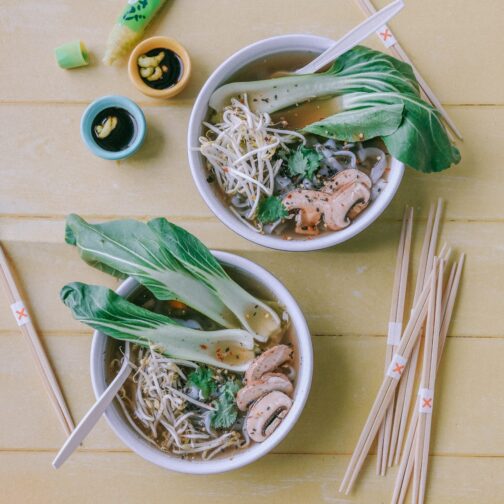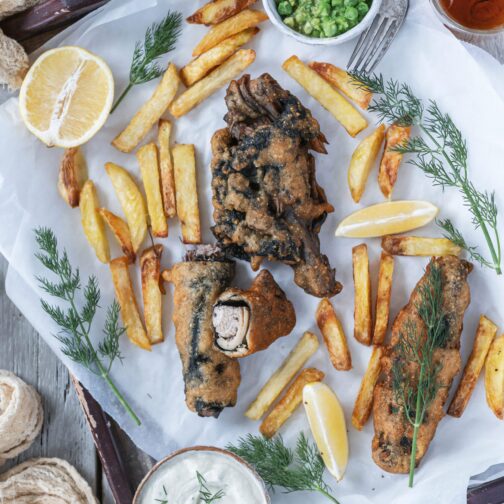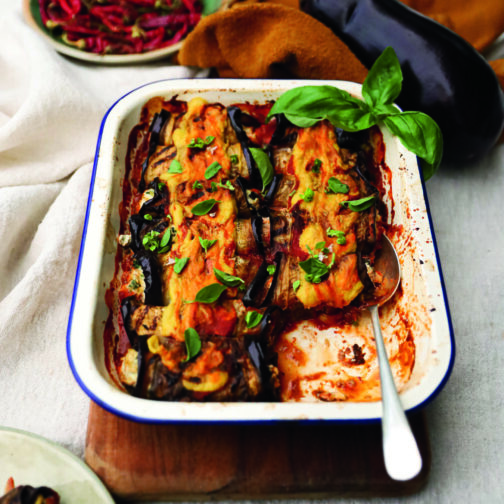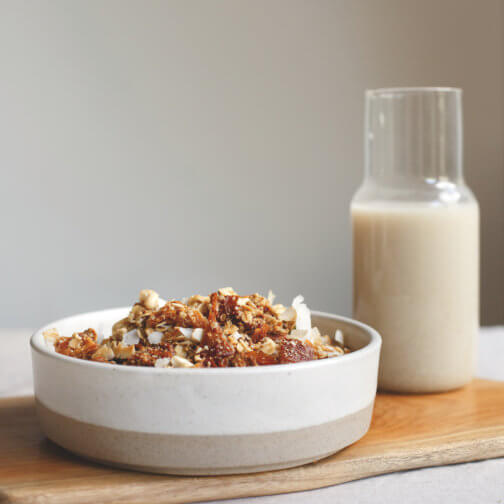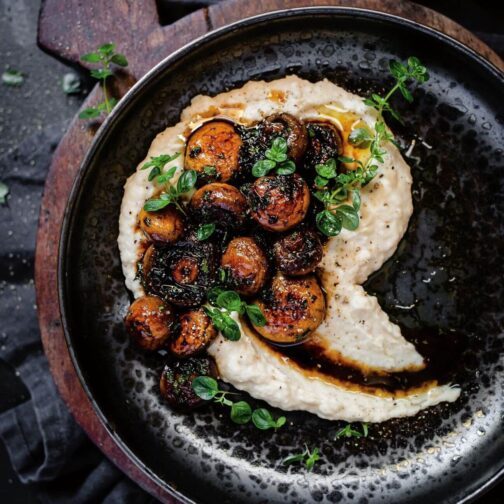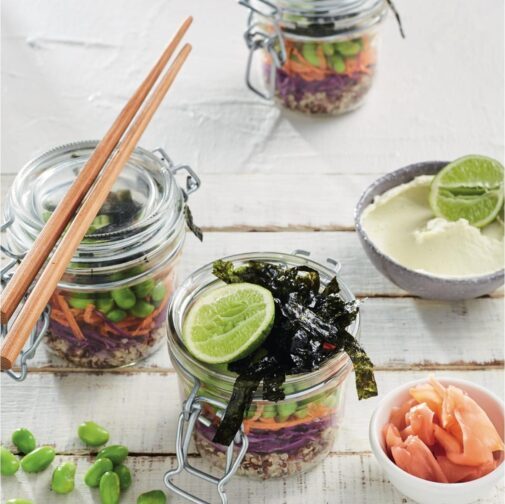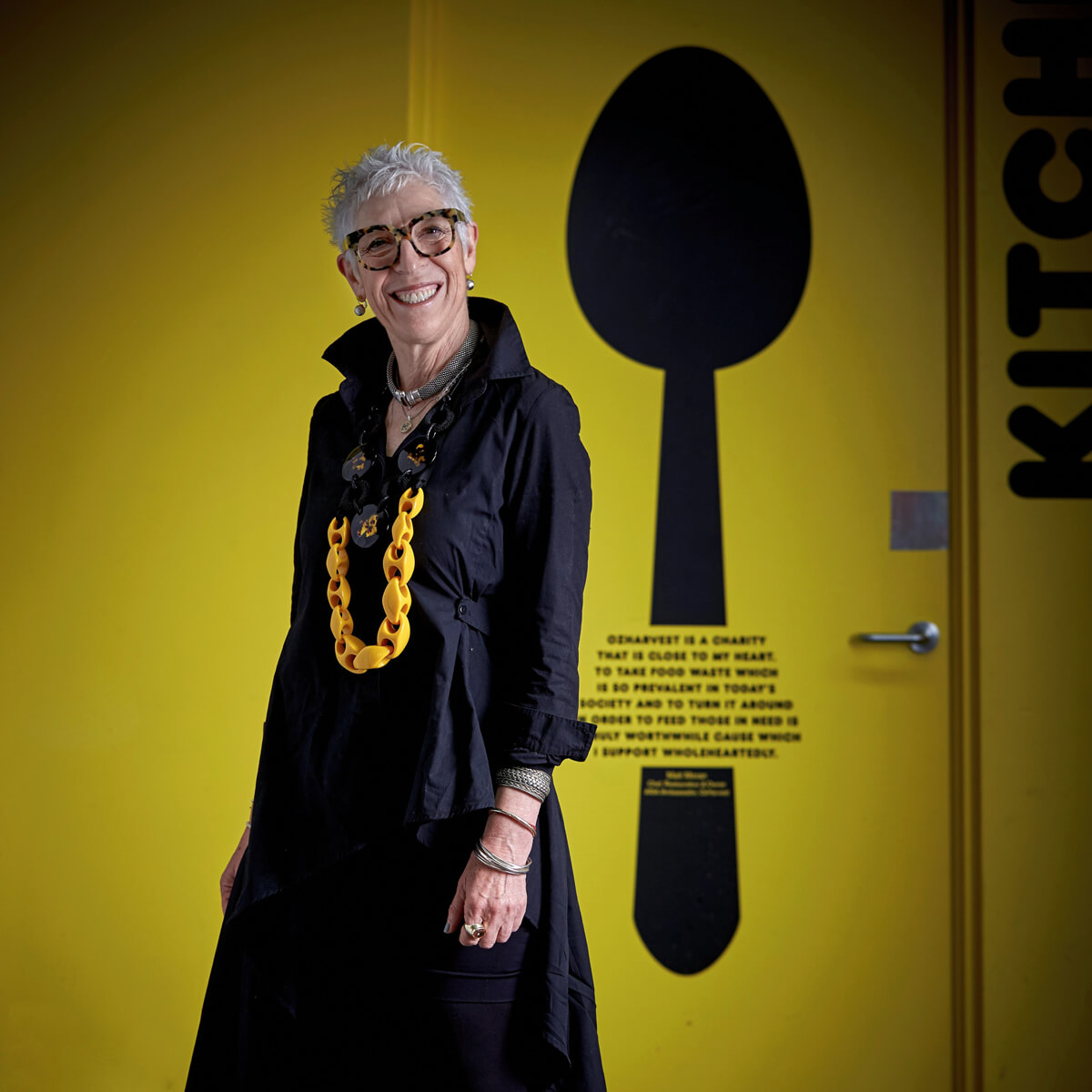
Meet Ronni Kahn, the woman who has delivered more than 150 million meals to the vulnerable while simultaneously saving 50,000 tonnes of good food from ending up in landfill.
Believing that a simple apron could be a symbol of service, humanity, and love, Ronni Kahn once hoped to send aprons to corporate partners as an invitation to cook meals for the vulnerable at a fundraiser. Sadly, she knew this would not be possible under the OzHarvest budget. But wouldn’t you know it, that same day a call came in from a business that was about to bin 100 aprons owing to a branding issue. Talk about the universe providing. Rescued aprons! This was how Ronni began to think of the signature OzHarvest apron as the magic yellow apron. Why yellow? “Yellow is a vibrant, gorgeous colour which to me symbolises hope and happiness,” says Ronni. Since then, the OzHarvest aprons have become synonymous with creating a little magic in the lives of others, through programs like Cooking for a Cause.
For those of us enjoying a read of our favourite magazine and perhaps picking out a tasty recipe to try, it can be hard to believe that hunger is a problem for people in a country that has more than enough food to feed everyone. But it is. Across Australia, more than five million people suffer from food insecurity, and this was before COVID-19 made things significantly worse for many. Ronni says, “Food insecurity is when people do not know if they will be able to afford their next meal, or feed their families one meal a day, nevermind three! People are facing hardships they have never experienced before and these challenging times, food becomes a discretionary item for the community’s most vulnerable. Money goes towards rent, medical costs, bills, and other necessities, while food becomes something we compromise, rather than the necessity it should be.”
While food is without question a basic human need, it can be much more than that too, forming part of our identity and connecting us to cherished memories or people. South African by birth, Ronni later moved to Israel and raised her sons on a kibbutz, which is a collective community traditionally based on agriculture. “Everyone ate in a communal dining room and occasionally I was on the cooking roster, which meant cooking for 350 people! Cooking for others is a beautiful and meaningful way to show love. Some of my fondest memories related to food and kibbutz living are the feelings of community, eating together, sharing stories over nutritious meals, the excitement in the air, and supporting each other,” she says.
From idyllic, communal living to later running an events business in Australia, we can begin to see how food became a form of activism for Ronni. She says, “Working in the event industry for 20 years, I saw mountains of food going to waste every day, whilst I knew so many people were going hungry. There had to be a better way. I started off just taking the leftover food from my events to nearby charities… knowing I could not be the only one with good food going to waste, so the idea grew from there.” Since founding OzHarvest in 2004, Ronni can be credited with delivering more than 150 million meals and saving more than 50,000 tonnes of surplus food from landfill.
Food rescue is the foundation of OzHarvest and provides thousands of vulnerable communities with a regular supply of fresh, nutritious food. They collect about 200 tonnes of surplus food every week from a network of over 3,500 food donors, including supermarkets, cafes, delis, restaurants, hotels, airports, manufacturers, producers, farmers, and corporate kitchens. A fleet of over 62 bright yellow vans deliver the food to over 1,500 charities helping to feed people in need across Australia, all amounting to ten million kilograms of food and 29 million meals in a single year! Remarkably, OzHarvest was the first organisation in Australia to rescue all types of perishable food that would otherwise have been wasted, and that in itself came with its challenges.
Ronni says, “Possibly the biggest hurdle was making it easy for businesses to donate food without fear of liability. No one had ever collected and distributed good quality, surplus fresh food in an efficient and professional manner, so to start I had to create the infrastructure. In 2005, with the help of pro bono lawyers, we successfully lobbied to have the Civil Liabilities Amendment Act changed in NSW, and other states followed shortly afterwards. This allowed good, fresh food to be collected from donors without fear of liability, then given to those in need.” Forget big industry disruptors like UBER, Netflix, or Amazon, OzHarvest was the first organisation to disrupt the food waste landscape in Australia, and they did it out of pure altruism.








